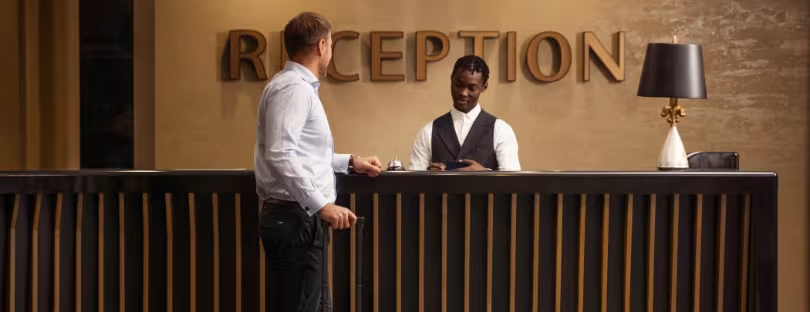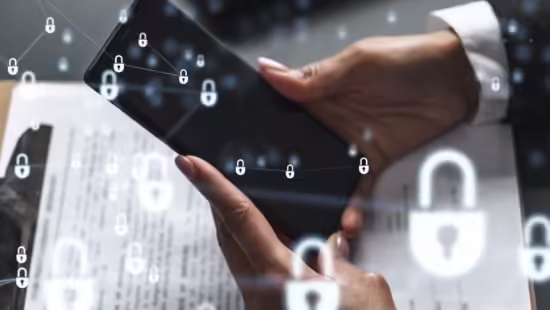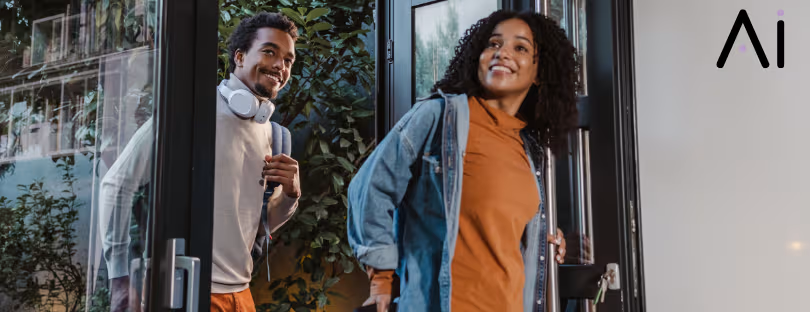
The Future of Hospitality: Integrating IoT in Hotels for Next-Level Comfort and Convenience
The hospitality industry has always flourished on memorable guest experiences. From luxury amenities to attentive service, hotels are always looking for ways to go above and beyond. Today, technology is central to this chase and the Internet of Things (IoT) is at the heart of the transformation. By connecting devices, systems, and services, IoT is facilitating a new era of smart hotels where comfort and convenience are redefined.
One of the companies spearheading this digital evolution is Lampa.dev – a software development partner known to build custom solutions across industries, including hospitality. Their expertise helps hotels seamlessly integrate IoT systems to ensure technology enhances – not overwhelms – the guest experience.
What Is IoT in Hospitality?
IoT in hospitality is the interconnected network of smart devices, sensors and software that interact with each other to automate and optimize hotel operations. For guests, this means intuitive room controls, seamless check-in, and personalized services. For hoteliers, that means data-driven insights, resource efficiency and streamlined operations.
A “connected hotel” becomes more than a place to stay – it evolves into an intelligent environment that adapts to the needs of guests in real time.
Market Outlook & Growth of Smart Hotels
The IoT market in the hospitality sector is expected to expand considerably over the next decade, driven by increasing guest expectations in terms of personalization and contactless experiences. The number of connected devices in hotels is expected to reach billions by 2030, from smart locks to AI-powered property management systems. This expansion underscores an evident industry shift: IoT adoption is no longer a luxury-it’s becoming an industry standard to stay competitive.
Key Benefits of IoT in Hotels
Personalized Guest Experience
IoT enables hotels to personalize at scale Guests can control the temperature, lighting, and entertainment in their rooms using mobile sensors or voice commands. Over time systems learn what people like, making each stay feel customized.
Efficiency & Cost Savings
Smart energy systems waste less by switching off lights and air conditioning in empty rooms. Predictive maintenance avoids expensive breakdowns of equipment. Together, these efficiencies reduce operational costs and increase profitability.
Safety and Security
IoT-enabled locks, surveillance, and emergency systems increase guest safety and staff response times. From biometric access to real-time monitoring, technology creates a more secure environment.
Sustainability & Resource Management
As sustainability is becoming a top priority, IoT helps to support eco-friendly initiatives. Smart water management, energy optimization, and waste reduction help hotels reduce their environmental footprint and appeal to eco-conscious travelers.
Transformative IoT Solutions in Action
Smart Rooms & Contactless Services
Guests are increasingly demanding frictionless stays. IoT delivers with mobile check-in, digital keys, and contactless payments. In-room tablets or apps make it possible for guests to control everything from lighting to room service. This seamless control adds a level of comfort, convenience, personalization, and overall guest satisfaction.
Robots & Automated Operations
Robots are breaking out of being novel and entering practicality—providing amenities, helping with the cleaning, or guiding guests through hotel lobbies. Combined with automation, this frees up staff in order to focus on high-value interactions.
Real-World Case Studies
Global brands are already demonstrating the virtues of IoT.
- Marriott has piloted voice-activated rooms where guests have controlled features through smart assistants.
- Hilton allows mobile app-based customization of the room, allowing guests to change the climate and entertainment before arrival.
- Accor incorporates smart energy solutions to minimize environmental impact at its properties.
These examples are proof that IoT adoption drives greater guest satisfaction and measurable operational improvements.
Challenges Hotels Face in IoT Adoption
Despite the potential, IoT adoption is not without challenges:
- Data privacy and cybersecurity are also hot topics, as connected systems create and store sensitive information.
- Integration with legacy systems can be complicated and may require custom development to unify platforms.
- Upfront costs for infrastructure may be high, although there is often a payoff in terms of long-term savings.
- Staff training is critical to ensure that teams can manage and leverage new technologies effectively.
Future Trends in Hospitality IoT
Looking into the future, a number of trends are influencing the next wave of IoT innovations:
- AI + IoT for hyper-personalization: Systems will anticipate the needs of guests before they are expressed.
- Digital twins: Virtual copies of hotel properties will enable predictive maintenance and operational optimisation.
- Integration with smart cities: Hotels will become nodes in larger connected ecosystems, connecting transportation, tourism and local services.
- Sustainability-driven solutions: IoT will play a vital role in helping hotels reach carbon-neutral goals.
Conclusion
The future of hospitality is in intelligent, connected environments that are comfortable, convenient, and sustainable. IoT is no longer a futuristic concept – it’s a reality of today shaping the way hotels function and the way in which their guests experience their stay.
With the help of technology partners such as Lampa.dev, hotels can look beyond the generic and implement custom-built IoT systems that meet their unique needs. This ensures a competitive edge while keeping guest satisfaction in the forefront of innovation.
In the years to come, the boundaries between service and technology will keep blurring, and the world of hotels will be in one where hotels don’t just accommodate the guests that stay-they anticipate, personalize, and delight at every turn.










